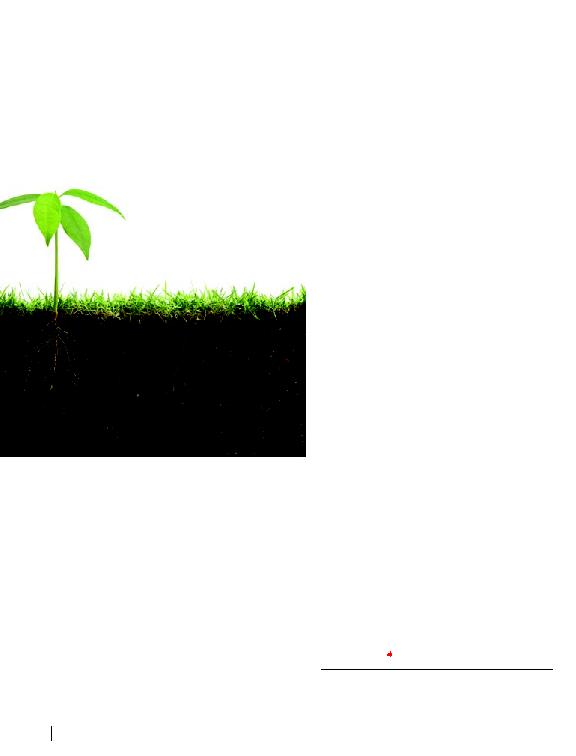
they were alone? Moses was alone on a mountain
when he saw the burning bush. Jacob sent his
entourage across the Jabbok and was left alone,
where he wrestled with God until daybreak.
Joshua encountered the captain of the Lord's
host when he was alone by the Jordan River.
already crave such moments. If you are an extro-
vert, finding solitude will be crucial to creating
the soil and climate in which prayer can grow
and flourish in your life. You don't have to find
large swaths of time to be utterly alone with no
human contact. Jacob and Joshua both managed
to step away from the activity of a large campsite.
Peter's rooftop retreat may have been one of only
a few places he could find solitude in the busy
port city of Joppa.
little solitude in the course of your daily life. A
friend of mine takes a noontime jog every workday
not only for the exercise but also for the solitude it
would have a place to retreat regularly from the
pressures of life and ministry. You may be able
to go to a spare room, workshop or park bench.
Or maybe you can just turn off your phone and
shut down the computer from time to time and
let things go dark and quiet.
prayer retreat at a monastery in Kentucky. There
I encountered the Rule of St. Benedict, which de-
mands silence, and the
meet for prayer seven times a day every day. I de-
termined that, for the first twenty-four hours, at
least, I would follow that rhythm, speaking only
in worship and prayer and being silent otherwise.
down the staircase from the sanctuary to the din-
ing room, silently filed through the cafeteria line,
silently filled my tray with food, silently walked to
an empty chair and silently sat down. And then,
when I bowed my head over my tray to say grace,
I realized I was already praying. I'd been praying
on the stairs, in the cafeteria line, as I filled my
tray with food, as I walked to an empty chair and
as I sat down. I'd been praying since the moment I
awoke that morning. Less than one full day into
the silent rhythm of that community, I
experienced the literal fulfillment of the Bible's
command to "pray without ceasing" (1 Thessalo-
nians 5:17, KJV).
else. It will foster two-way communication with
God. It will surprise you and change you. Together
with going slower and seeking solitude, attaining
silence can be the means by which God calls forth
new growth in your life this spring. Those simple
seeds can be an answer to your heart's longing.
As
The Red Letter Life and the upcoming The Red Letter
Prayer Life (due to be released April 1).